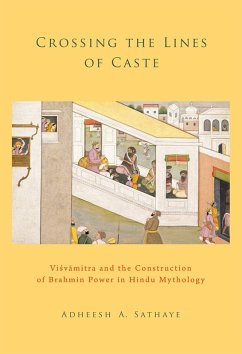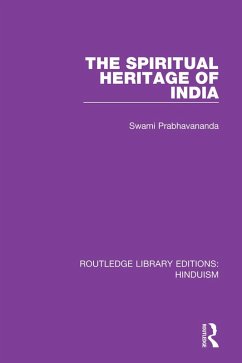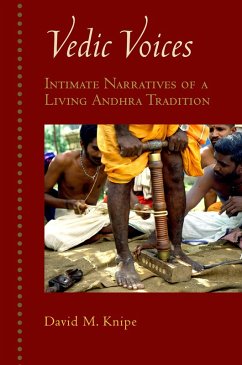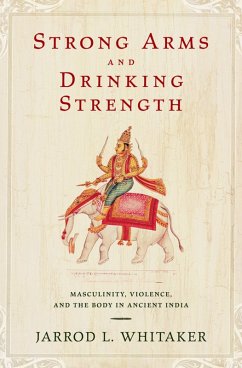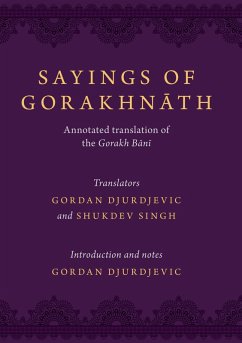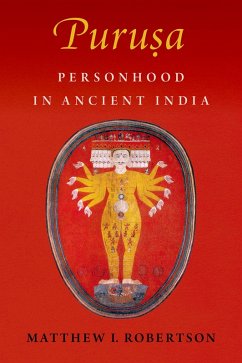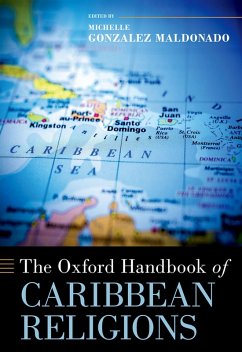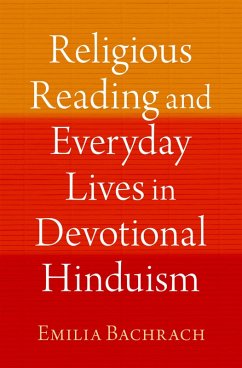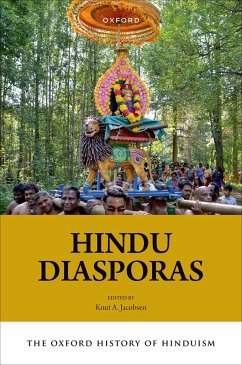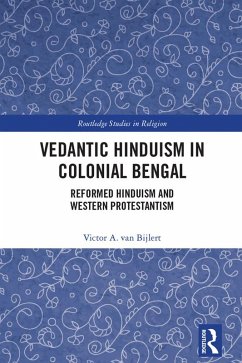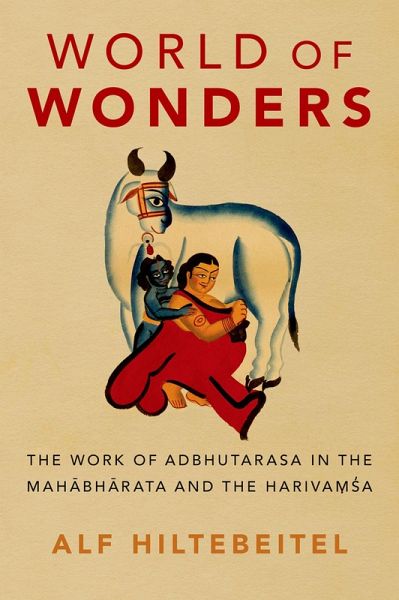
World of Wonders (eBook, PDF)
The Work of Adbhutarasa in the Mahabharata and the Harivamsa
Versandkostenfrei!
Sofort per Download lieferbar
39,95 €
inkl. MwSt.
Weitere Ausgaben:

PAYBACK Punkte
20 °P sammeln!
In World of Wonders, Alf Hiltebeitel addresses the Mahabharata and its supplement, the Harivamsa, as a single literary composition. Looking at the work through the critical lens of the Indian aesthetic theory of rasa, "juice, essence, or taste," he argues that the dominant rasa of these two texts is adbhutarasa, the "mood of wonder." While the Mahabharata signposts whole units of the text as "wondrous" in its table of contents, the Harivamsa foregrounds a stepped-up term for wonder (ascarya) that drives home the point that Vishnu and Krishna are one. Two scholars of the 9th and 10th centuries,...
In World of Wonders, Alf Hiltebeitel addresses the Mahabharata and its supplement, the Harivamsa, as a single literary composition. Looking at the work through the critical lens of the Indian aesthetic theory of rasa, "juice, essence, or taste," he argues that the dominant rasa of these two texts is adbhutarasa, the "mood of wonder." While the Mahabharata signposts whole units of the text as "wondrous" in its table of contents, the Harivamsa foregrounds a stepped-up term for wonder (ascarya) that drives home the point that Vishnu and Krishna are one. Two scholars of the 9th and 10th centuries, Anandavardhana and Abhinavagupta, identified the Mahabharata's dominant rasa as santarasa, the "mood of peace." This has traditionally been received as the only serious contestant for a rasic interpretation of the epic. Hiltebeitel disputes both the positive claim that the santarasa interpretation is correct and the negative claim that adbhutarasa is a frivolous rasa that cannot sustain a major work. The heart of his argument is that the Mahabharata and Harivamsa both deploy the terms for "wonder" and "surprise" (vismaya) in significant numbers that extend into every facet of these heterogeneous texts, showing how adbhutarasa is at work in the rich and contrasting textual strategies which are integral to the structure of the two texts.
Dieser Download kann aus rechtlichen Gründen nur mit Rechnungsadresse in A, B, BG, CY, CZ, D, DK, EW, E, FIN, F, GR, HR, H, IRL, I, LT, L, LR, M, NL, PL, P, R, S, SLO, SK ausgeliefert werden.




